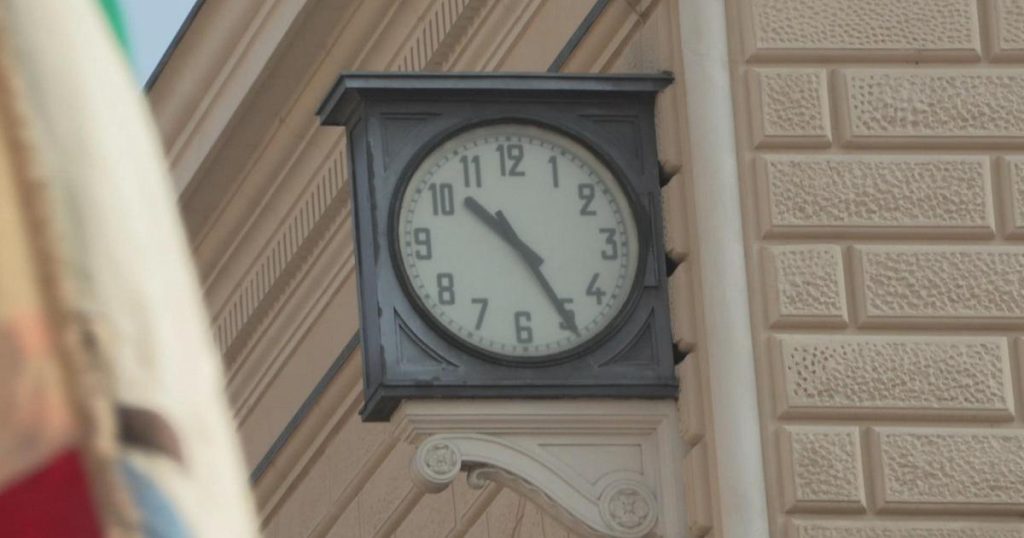A heated confrontation has erupted between the Prime Minister and the Association of Victims of the bloodiest massacre of the post-war period. Even 44 years after the August 2, 1980 bombing in Bologna, the issue continues to inflame politics and memory, with the latest trials nearing a conclusion but failing to bring peace. From the stage at the Bologna train station, the president of the association, which represents the families of the 85 deceased and 200 injured, Paolo Bolognesi, repeatedly calls out the Prime Minister and her government. One of the key issues raised is the failure to recognize the fascist origins of the attack. Salvini and Meloni had previously described the bombing as a neo-fascist massacre.
The controversy surrounding the Bologna bombing persists, with the Association of Victims demanding recognition of the fascist nature of the attack, while the government faces criticism for failing to address this issue. The emotional impact of the tragic event still lingers, affecting the families of the victims who continue to seek justice and closure. The association’s president, Paolo Bolognesi, has openly challenged the Prime Minister and her administration, highlighting the need for acknowledgement of the fascist roots of the massacre. Salvini and Meloni’s previous characterization of the bombing as a neo-fascist act has added fuel to the fire.
As the 44th anniversary of the Bologna bombing approaches, tensions rise between the government and the Association of Victims over the handling of the attack’s historical significance. While judicial proceedings are close to completion, the emotional wounds of the families of the deceased and injured remain raw. Paolo Bolognesi’s public accusations against the Prime Minister and her government, regarding the failure to recognize the fascist nature of the bombing, further intensify the debate. The controversy surrounding the Bologna massacre continues to shape political discourse and public memory.
The conflict between the Prime Minister and the Association of Victims over the Bologna bombing reflects a broader struggle for recognition and justice in the aftermath of the tragic event. The unresolved questions surrounding the attack’s motivations and origins continue to fuel controversy and political discord, affecting the families of the victims who seek closure and closure. Paolo Bolognesi’s outspoken criticism of the government’s handling of the issue underscores the deep emotional impact of the massacre and the ongoing quest for truth and accountability. The Prime Minister’s response to the association’s accusations will be crucial in determining the outcome of the dispute.
The clash between the Prime Minister and the Association of Victims highlights deep divisions in Italian society over historical memory and the legacy of political violence. The ongoing debate over the fascist roots of the Bologna bombing serves as a reminder of the unresolved tensions surrounding Italy’s turbulent past. The emotional weight of the tragedy continues to shape public discourse and political dynamics, with the families of the victims seeking recognition and closure. The Prime Minister’s handling of the situation will be closely watched as the 44th anniversary of the bombing approaches, with the outcome likely to have lasting implications for Italy’s collective memory and national identity.
In the midst of renewed tensions over the Bologna bombing, the government and the Association of Victims are locked in a bitter dispute over the historical significance of the attack and the need for recognition of its fascist origins. As the anniversary of the tragic event approaches, the emotional wounds of the families of the victims are reignited, reigniting calls for justice and closure. Paolo Bolognesi’s public criticism of the Prime Minister and her administration underscores the ongoing struggle for truth and accountability in the aftermath of the massacre. The outcome of this conflict will have far-reaching implications for Italy’s political landscape and the legacy of the Bologna bombing in shaping the country’s historical memory.


